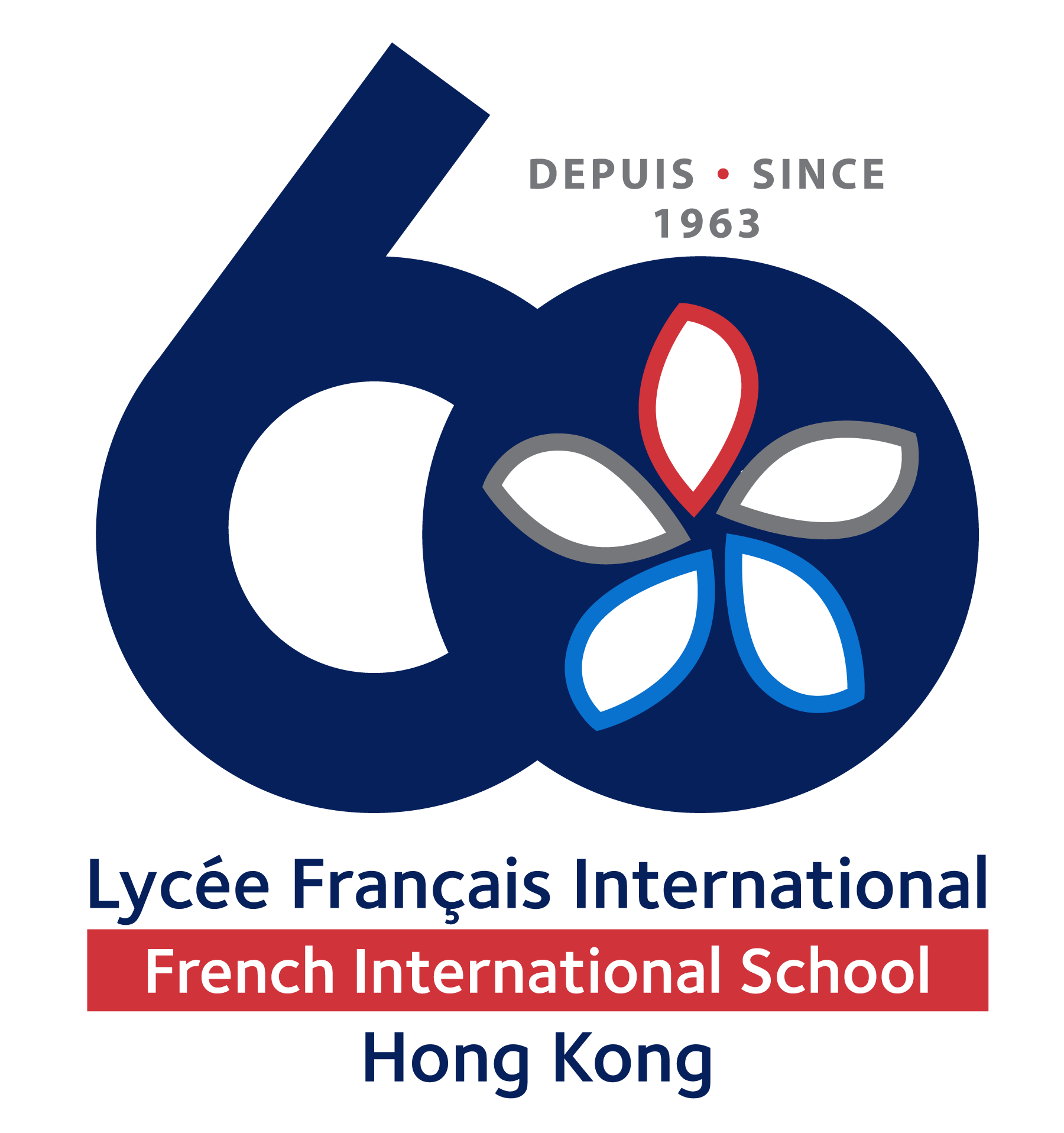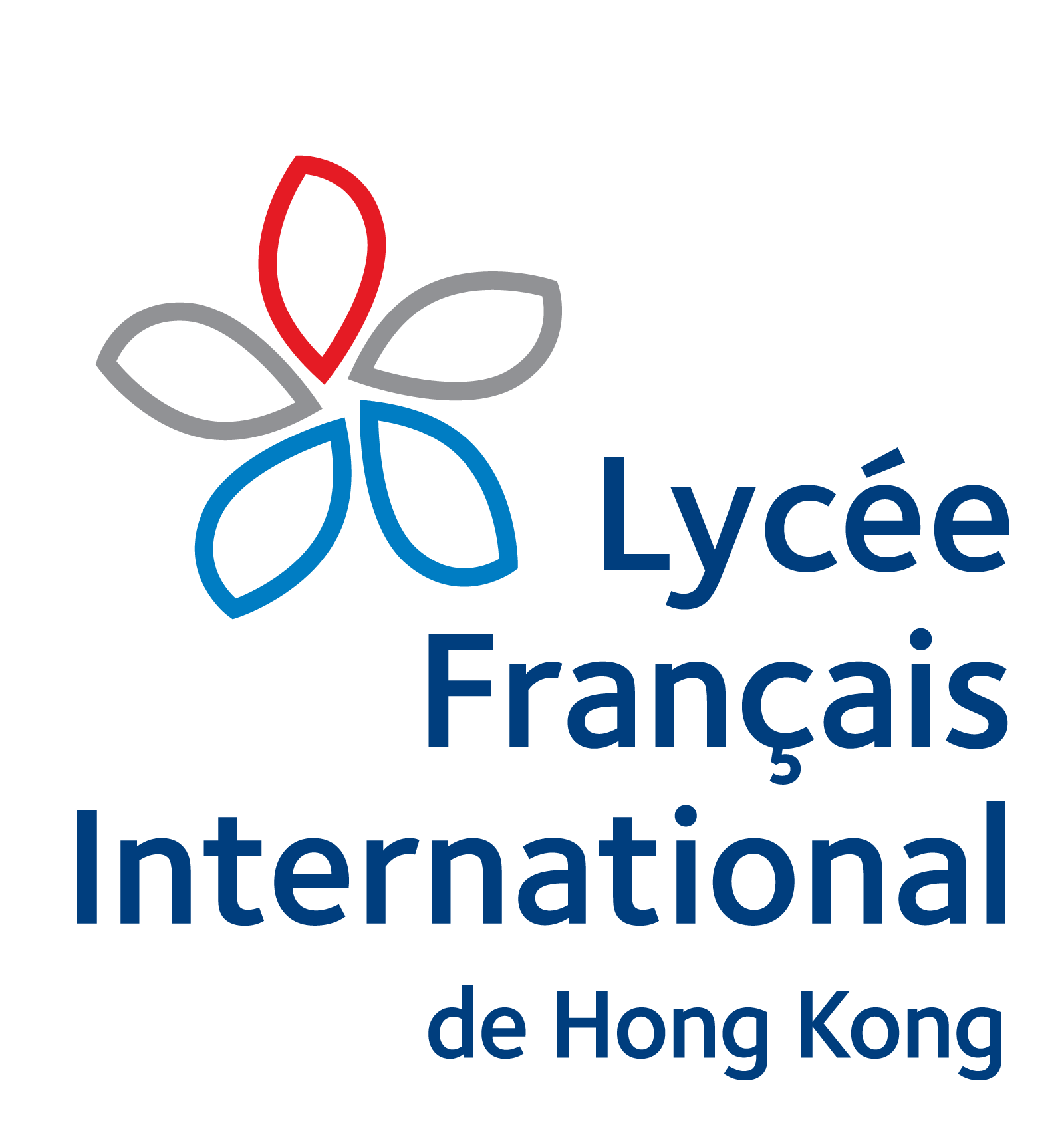Secondary Students Challenge Fast Fashion with Project WEAR
Sustainability experts in fashion say we used to have four seasons a year: spring, summer, autumn, and winter and fashion would follow. Now, fast fashion brands produce about 52 “micro-seasons” a year, or one “new” collection for every week. This excessive over-production is leading to massive amounts of consumption and waste.
Our 2nde English students at BPR Campus decided it’s time to stop and challenge fast fashion with Project WEAR; fashionably sustainable, making people more a(WEAR). This is how they did it:
Lunch break awareness workshops
Students held workshops during the lunch breaks from 6th-13th March to talk about fast fashion and its impact on the environment. The workshops included music recitals, basketball championship, modelling on a catwalk and creating bracelets with scraps of material and more. The overall message was about the importance of being more conscious when buying new clothing and being aware of the devastating effects that the fast fashion industry is having on animals and the planet.
Clothing donation and clothing swap
Students have collected clean and wearable secondhand clothing kindly donated by students and staff and held a secondhand clothing swap on the 15th and 16th of March. On the last day WEAR team members let walk-ins take a piece of donated clothing.
Clothing donation
All clothing that was not exchanged will be at the WEAR booth at the FIS Family Fun Fair on 3rd June at JL Campus. This is a great example of a circular economy initiative as we keep it in our community and take care of our own waste!
Overall the atmosphere created was jovial and industrious and students discussed the importance of recycling and upcycling.
The WEAR fast fashion project is of great value to all the FIS community and the students are now looking into expanding it to all four campuses and school fairs too.
This project raises critical points and helps us reflect on some key questions: “How much do we actually need?”, “How much is enough?”, “Can we check second hand shops before buying new items?”, “Are there hand-me-downs or something at home that I can exchange with my siblings, parents or friends?” and “How can my thoughts and actions contribute to a more sustainable future?”
Well done to the Project WEAR team for creating such an important wave of consciousness, saying NO to fast fashion and implementing circular economy initiatives at FIS!




